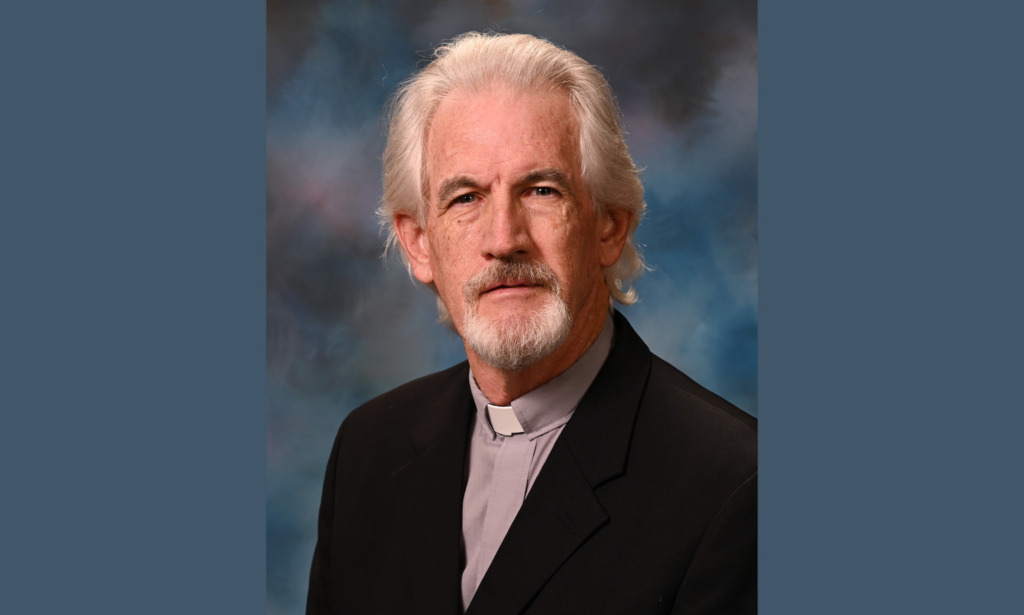Sixth Sunday Ordinary Time Jer 17:5-8; 1 Cor 15:12, 16-20; Lk 6:17, 20-26
As faithful followers of Jesus Christ we believe that Christ rose from the dead and that there is life after death in our resurrection. We proclaim this belief in the Apostles and Nicene Creeds.
The first heresy in the Church, dating to the time of the Twelve Apostles, was the heresy Gnostic Docetism. It professed that Christ was not fully human (Catechism of the Catholic Church, #465). As a result, he could not truly suffer and die, and since there was no death, there was no resurrection.
Paul vigorously addresses this in today’s reading from First Corinthians. If there is no resurrection, then we are pitiful people, we believe in vain, and even if we have faith in Christ, when we die, we vanish.
As it is, we do believe that Jesus was fully human and fully divine. We believe he died and rose from the dead. We are blessed because of that belief. Jesus tells Thomas in his second appearance in the upper room: “You believe because you have seen, blessed are those have not seen and yet have believed” (Jn 21:29).
Our beliefs influence our values, which affect our demeanor, our actions and our voices. These values, earthly or heavenly, determine in whom or what we place our trust, and direct our actions. Our other Scripture texts speak to us about the consequences of our values and in whom or what we place our trust.
Jesus warns us about the outcome of the values of this world. If we are filled with pride about what people say of us, filled and satisfied with things of this world, there isn’t room for things of heaven. If we fill our lives with worldly possessions with no room for God, we will find ourselves empty of God’s presence in the life to come.
In Jeremiah, we hear those who put their trust in things of this world are cursed and will find their lives barren. Psalm 1 says those who trust the way of the world will vanish.
However, Psalm 1 also says if we rely on heavenly virtues, our works never fade, they will prosper, and if we are just, God watches over us. Jeremiah tells us if we trust in the Lord and open our lives to the Lord’s presence, we will want for nothing, we will feel no stress, even in bad times.
Jesus also tells us that if we seek the things of heaven, we will “rejoice and leap for joy” and our “reward will be great in heaven.”
St. Pope St. Paul VI said, “If you want peace, work for justice.” If we accept the values of the world, the way things are, how can we hunger or work for the peace and expect the peace which God offers us in the Kingdom?
Will we work for justice if we are satisfied with the injustices and inequities of the world? Being a just person means we work for and practice justice. Sometimes it means we listen to others to understand these injustices and inequities.
In this year of synodality, we are called in a special way to be people of the resurrection. We are called to listen to the Spirit that speaks through the hearts of us all. Can we listen with open minds and hearts, be people who trust the Spirit to direct us in the way of God, to seek things of heaven?
Can we be people of the resurrection, people who work toward the Kingdom here on earth?
Deacon Christopher Colville serves at Church of the Redeemer, Mechanicsville

